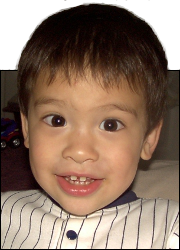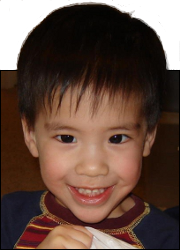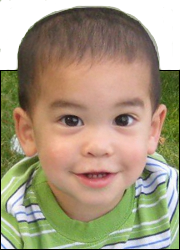Parenting Caution
Sep
11
2014
Kids learn language easily. The parent asks “Do you want to eat?” and, soon after, food appears. The child learns that eat or food means the end of his hunger.
Same thing with drink and his thirst. And so on.
But then there are some more complex or vague concepts that they don’t always catch. Sometimes, the parent needs to explain what he means. Otherwise, the child’s way of learning language – associating a feeling or result with the word or phrase uttered just before that – might not work.
For example, the phrase Be Careful.
As a parent, you should never say that phrase. Instead, say something specific. What, exactly, do you want your child to do or not do?
Here is an illustration of why be careful is ineffective.

If you, as a parent, always say “Be careful!” when your risk-loving child is about to do something risky, he will interpret that phrase as meaning “what you are about to do is fun and thrilling!”.
Heed instruction and be wise, And do not neglect it.
Proverbs 8:33




This little article thingy was written by Some Guy sometime around 6:37 am and has been carefully placed in the Ponder category.

 This is Alpha, the first-born, when he was 2YO.
This is Alpha, the first-born, when he was 2YO. This is Beta, the second-born, when he was about 2YO.
This is Beta, the second-born, when he was about 2YO. This is Gamma, the third-born, when he was about 18MO.
This is Gamma, the third-born, when he was about 18MO.


September 11th, 2014 at 9:33 am
Excellent point.
“Don’t lick your brother”
“Don’t lick the door handle”
“Don’t lick me”
I have to be very specific around here ;)